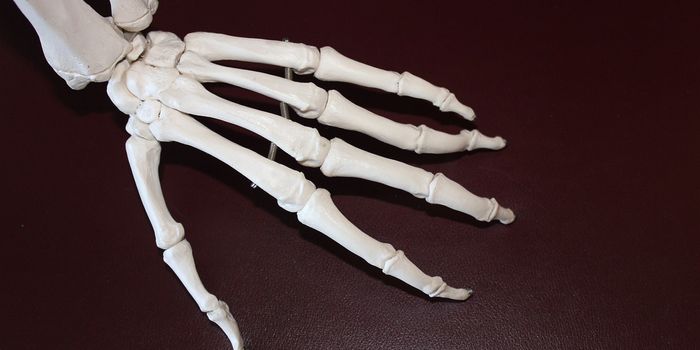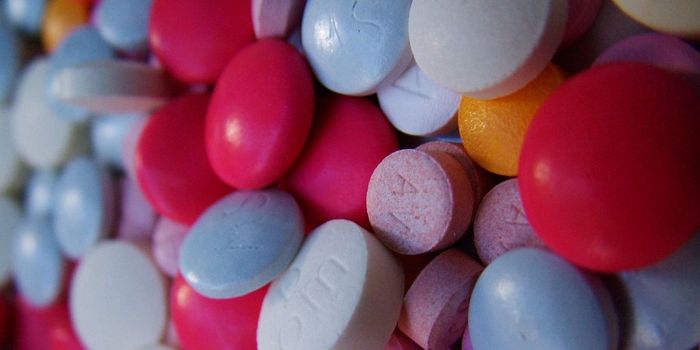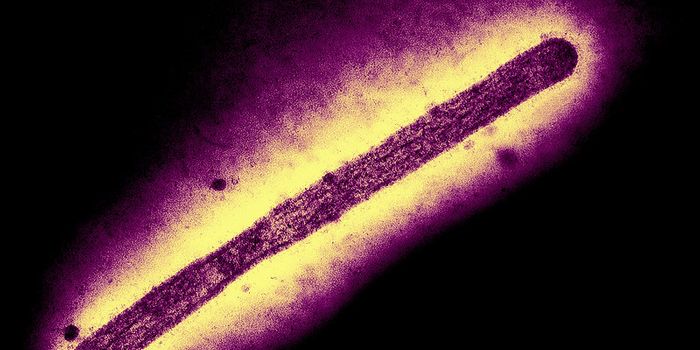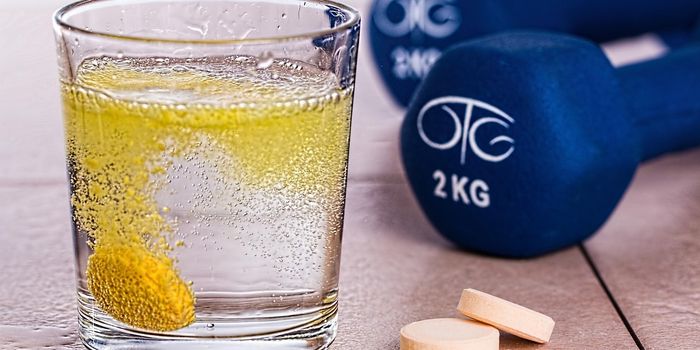Why Tryptophan is Good for the Gut
Too much inflammation in the gut triggers inflammatory bowel disease (IBD). There are immune cells specifically designed to prevent this, but they can be overwhelmed by inflammatory cells. In a new study from the Washington University School of Medicine published in the journal Science, scientists identify the active ingredient in tryptophan that is responsible for producing tolerance-promoting immune cells in the gut.
The presence of inflammatory cells in the gut is obviously not to cause IBD - it’s to monitor the food we eat that could potentially be harboring pathogens. It’s only when these cells start to outnumber the “tolerant” cells that inhibit inflammation that gut diseases develop, which is why discovering the component responsible for promoting tolerant cells is so important.
Tryptophan is one of eight essential amino acids that make up proteins. It was discovered early in the 20th century, and it’s commonly found in foods like oats, bananas, milk, tuna, cheese, bread, chicken, turkey, peanuts chocolate. The new Science study shows that tryptophan is necessary to trigger the appearance of tolerance-promoting immune cells, and its effect is specific to Lactobacillus reuteri bacteria.
L. reuteri is commonly found in the gut of both humans and mice, and researchers are beginning to learn how this species of bacteria in particular triggers the development of tolerance-promoting immune cells via mouse models. "The more tryptophan the mice had in their diet, the more of these immune cells they had,” explained senior author Marco Colonna, MD.
The scientific journey began when one scientist saw a major difference between two groups of mice that were genetically identical but raised separately: one group had the tolerant immune cells and the other did not. What happened to the one group of mice to trigger the production of these cells?
The next step included sequencing tntestinal DNA from both groups of mice. The results showed six species of bacteria present in the mice with the tolerant immune cells that were mysteriously missing in the other group. Which one was responsible for inducing the production of the immune cells? To find out, researchers introduced - one at a time - each of the species to mice raised to have no gut microbiome, and they found that L. reuteri was the key.
How does L. reuteri do it? Researchers found that an active component, a byproduct of tryptophan metabolism, called indole-3-lactic acid was at the center of production for tolerant immune cells. Further mouse studies confirmed the formula: more tryptophan, more indole-3-lactic acid, more tolerant immune cells.
"The development of these cells is probably something we want to encourage since these cells control inflammation on the inner surface of the intestines," explained Postdoctoral researcher Luisa Cervantes-Barragan, PhD. "Potentially, high levels of tryptophan in the presence of L. reuteri may induce expansion of this population."
Sources: Washington University School of Medicine, International Journal of Tryptophan Researc
![Gut bacteria, grown on color-changing agar in striking, [with] organic patterns to suggest that bacteria, rather than 'good' or 'bad', should be viewed like the plants around us, where diversity, and balance is key to health. Credit: Nicola Fawcett](https://d3bkbkx82g74b8.cloudfront.net/eyJidWNrZXQiOiJsYWJyb290cy1hc3NldHMiLCJrZXkiOiJfcHVibGljXC9fZmlsZXNcL3N5c3RlbVwvY2tcL3RyZW5kaW5nXC9XaWxkX0dhcmRlbl9vZl90aGVfR3V0X0JhY3RlcmlhX2E4MTBjNzE4NTk3MDQ0ODdmMTU1YjljYTU2OGIxNjk5LmpwZyIsImVkaXRzIjp7InJlc2l6ZSI6eyJ3aWR0aCI6MTQwMCwiZml0IjoiY292ZXIifX19)








